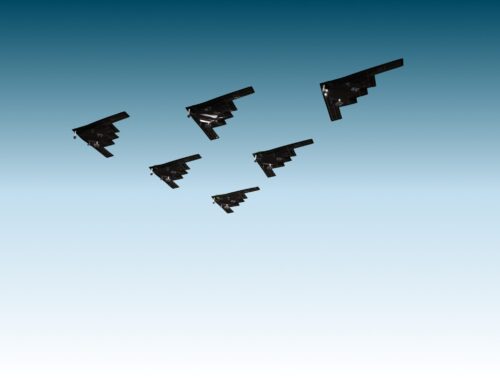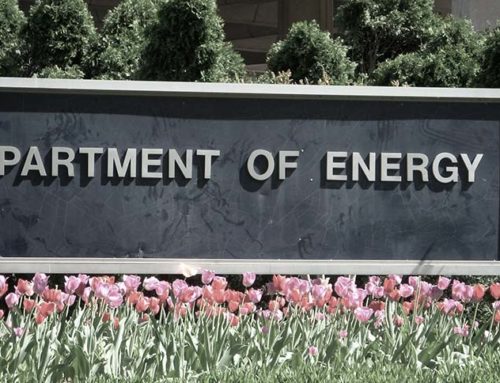Despite the fact that the Pentagon has been awarded the largest budget in our nation's history – close to $400 billion – they remain incapable of adequately budgeting for the full costs of projects and waste billions of tax dollars on weapons programs that our nation may not need.
The Joint Strike Fighter (JSF) is one program that illustrates how bad the problem has become. The JSF, or F-35, was sold to Congress as a money-saver, but has become the single most expensive weapons program in our nation's history – costing in excess of $200 billion dollars over 25 years. The JSF was supposed to save money by allowing the military to procure and build one fighter jet with 80% common parts that can be highly customized for use by the Air Force, Navy and Marine Corps as well as several allied foreign governments. The problem with a program of this size is it's nearly impossible to keep costs under control.
By making all of the military services interdependent, it makes it harder for one branch to accurately budget for their JSF needs without directly impacting the other branches. For example, recently the Navy and Marines decided that they would decrease their total purchase of F-35s from 1089 to 680. This reduction could save the agency more than $30 billion over the next fifteen years. However, the final budget savings is dependent on factors besides how many planes we actually need to effectively defend the country or, more importantly, how many we can afford.
Due to the enormous development costs of the Joint Strike Fighter, the total number of planes purchased significantly affects the cost per plane. If the Navy and Marine Corps cut back on their order, it would drive up the per-plane cost for the Air Force – and thereby throw their budget out of whack. Now the Air Force is pressuring the Navy and Marine Corps to stick to their originally projected quantity.
The entire JSF budget was based on the projection that 3000 planes would be sold domestically and as many as an additional 3000 would be sold to foreign governments. With the exception of Canada and Britain, it is uncertain if our allies are interested in purchasing the JSF for their own use. With no definite buyers knocking on the door, the Pentagon is now worried that if the Navy and Air Force decrease their purchase, foreign governments will be discouraged from investing.
Another factor to discourage confidence in the JSF is the abominable state of the Pentagon's testing program. Last month, an extensive report on the Pentagon's testing office found that all too often planes and weapons that perform poorly in their testing phase are sent to the field anyway. Flawed and incomplete testing not only costs taxpayers billions in expensive after-market fixes, it endangers lives. The problem is compounded by the fact that the office responsible for testing is underfunded and the contractors are often relied upon to test their own products.
Rather than clean up this mess and demand more accountability from the Pentagon, Congress is more than happy to gloss over cost overruns and inept testing of the JSF because the project is a boon to many local economies, and the builders of the JSF are politically well-connected on Capitol Hill.
With a $200 billion project like the Joint Strike Fighter, a majority of the Congressional districts in the country are likely to have constituents who are employed by JSF subcontractors. Unfortunately, lawmakers tended to be more interested in providing for their local economies than in worrying about little details like performance, safety, and cost.
The JSF is the latest in a string of Pentagon projects whose mission and costs are unclear. The problem with so much money chasing so many flawed projects is that it encourages haste in development and waste in spending. The Pentagon is no different in that respect than any other government agency. Lest we see a return of the 1980s Pentagon waste (remember the $7,600 coffee makers and $400 hammers?), Members of Congress need to appropriate our tax dollars in our nation's best interests and move beyond their individual parochial interests. The JSF, like a lot of Pentagon programs, needs a good overhaul.










